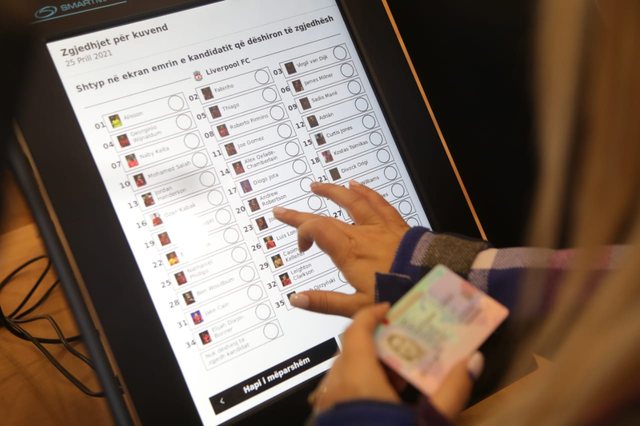CEC prepares for diaspora voting: registration opens January 11

Albanian citizens living abroad can register to vote in the upcoming May 11 elections starting January 11, with the process open until March 11. Ilirjan Celibashi, the State Election Commissioner, has assured that the platform created by the Central Election Commission (CEC) for diaspora voting will be fully functional following final tests scheduled for this week.
Why is this important: The diaspora vote marks a significant milestone in Albania’s electoral process, yet it faces logistical challenges. Both the CEC and political representatives have voiced concerns about the tight timelines for mailing and returning ballots from abroad. Currently, postal services require over 40 days to send ballots to voters and return them to the CEC for counting. Given that ballots are only printed 20 days before election day, this delay risks the exclusion of diaspora votes.
Context: Addressing a parliamentary subcommittee on diaspora and migration, Celibashi emphasized the security and transparency of the voting process for the diaspora. A range of mechanisms, including constant video monitoring, ensures that ballots are safeguarded from the moment they are cast until they arrive at the CEC. The counting will involve two CEC officials and representatives from Albania’s two largest political parties, the Socialist Party (SP) and the Democratic Party (DP).
The government has agreed to cover all postal costs, including both ballot delivery and return. This decision, made to encourage diaspora participation in the inaugural vote, contrasts with the electoral code, which states that mailing costs should be borne by voters themselves. Amending the code to reflect the new financial arrangement remains a necessary step.
Another challenge lies in the number of diaspora voters with expired identification documents. Celibashi suggested that a government decision could allow such individuals to vote using expired IDs, as has been permitted in previous elections. However, the exact number of affected voters is still unclear.
While Celibashi has called for adjustments to the timeline, parliamentary forces have yet to reach an agreement, despite expressing support in principle. Technically, Celibashi guarantees that the process under the CEC’s jurisdiction will be completed within the prescribed deadlines.
What’s next: With the diaspora vote being implemented for the first time, the success of the process will depend on resolving logistical and legal issues. Parliamentary forces must expedite negotiations to adjust the timelines for ballot mailing and address inconsistencies in the electoral code. Additionally, a formal decision on the use of expired IDs may be needed to ensure no eligible voter is disenfranchised.


